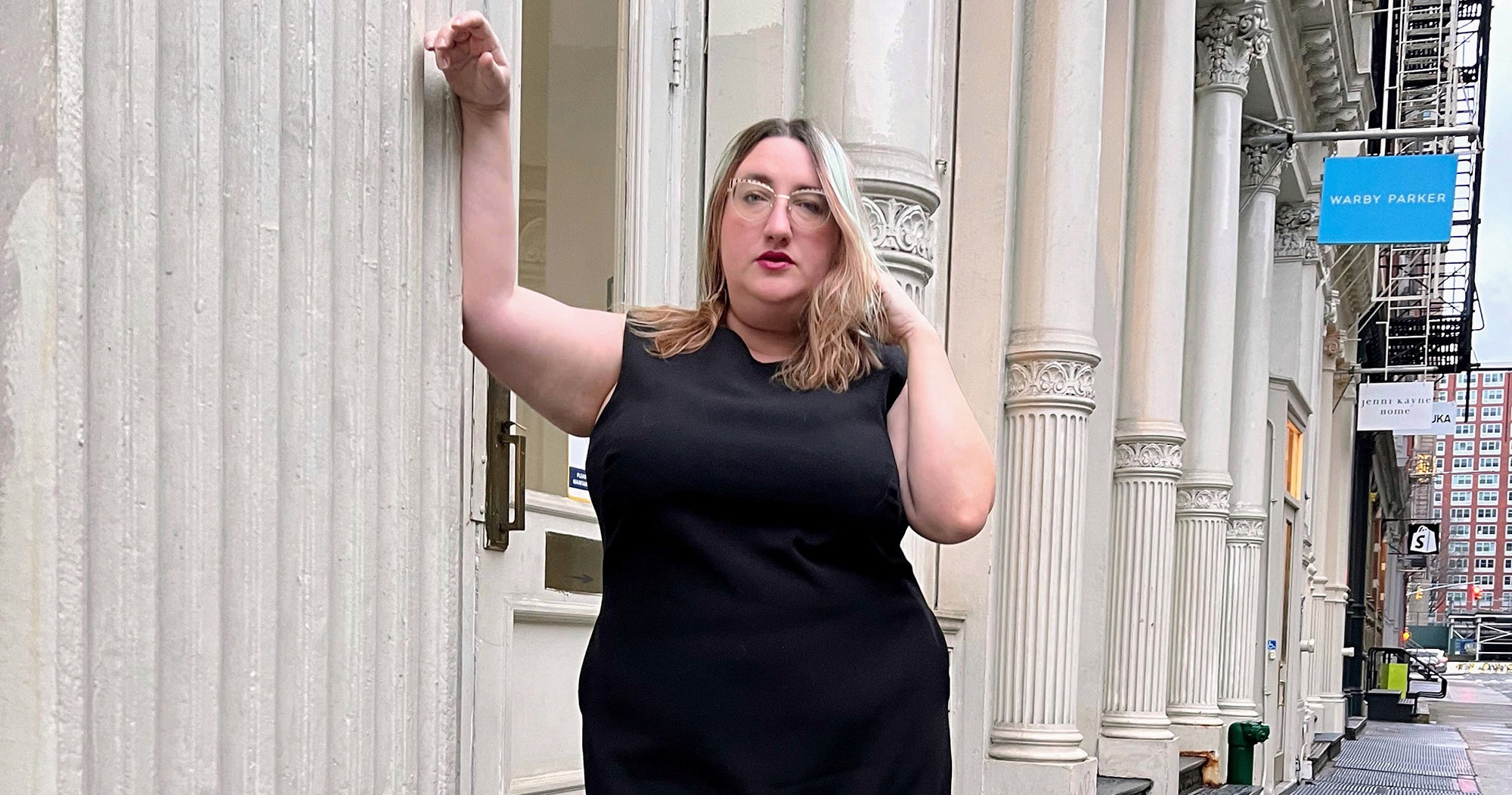This November, it’s likely that several states will have their abortion bans undone by voters. Unfortunately, however, there are many other states where citizens do not have the right to vote new things into their state constitutions. One of those states is Georgia, where two women cited in a recent Pro Publica investigation died due to the state’s terrible abortion ban.
But, on the bright side … they may not need to.
Fulton County Superior Court Judge Robert McBurney — whom you may recall from Trump’s grand jury — struck down the state’s six-week abortion ban on Monday, on the grounds that the law violated the right to privacy in the state’s constitution. Also on the grounds that pregnant people “are not some piece of collectively owned community property.”
In his ruling in the case of State v. SisterSong Women of Color Reproductive Justice Collective, McBurney — who, strangely enough, is a Republican appointee and a former prosecutor — struck down several portions of the LIFE Act he deemed unconstitutional and logically incoherent.
The judge specifically pointed out that the right to privacy in the Georgia state constitution is stronger and more explicit than the one in the United States Constitution. Citizens of Georgia also have a right “to be let alone,” so long as they are not bothering anyone else. While the state argued that the fetus’s right to life trump’s the mother’s right to life every time, McBurney held that those competing rights have to be balanced against one another. That balance, he explained, should favor the mother while no one else can incubate the fetus, and the fetus once someone else can take care of it.
“For these women, the liberty of privacy means that they alone should choose whether they serve as human incubators for the five months leading up to viability,” McBurney wrote. “It is not for a legislator, a judge, or a Commander from The Handmaid’s Tale to tell these women what to do with their bodies during this period when the fetus cannot survive outside the womb any more so than society could — or should — force them to serve as a human tissue bank or to give up a kidney for the benefit of another.”
“Considering the compelling record evidence about the physical, mental, and emotional impact of unwanted pregnancies on the women who are forced by law to carry them to term (as well as on their other living children), the Court finds that, until the pregnancy is viable, a woman’s right to make decisions about her body and her health remains private and protected, i.e., remains her business and her business alone,” he added. “When someone other than the pregnant woman is able to sustain the fetus, then — and only then — should those other voices have a say in the discussion about the decisions the pregnant woman makes concerning her body and what is growing within it.”’
That seems entirely fair, no?
“A review of our higher courts’ interpretations of ‘liberty’ demonstrates that liberty in Georgia includes in its meaning, in its protections, and in its bundle of rights the power of a woman to control her own body, to decide what happens to it and in it, and to reject state interference with her healthcare choices,” McBurney wrote in his conclusion.
He did not write YA BURNT after that last sentence, but I like to think it was implied.
This is actually not the first time that Judge McBurney has struck the law down. He first did so in 2022, though his decision was overturned by the state supreme court. It is possible that they could do that again.
For now, however, the law will revert to what it was before the passing of the LIFE Act, which was that abortion was legal before 20 weeks. So congratulations to everyone who won’t die or go into sepsis as a result of this stupid abortion ban, for however long McBurney’s ruling is allowed to stand.
PREVIOUSLY ON WONKETTE!











































































